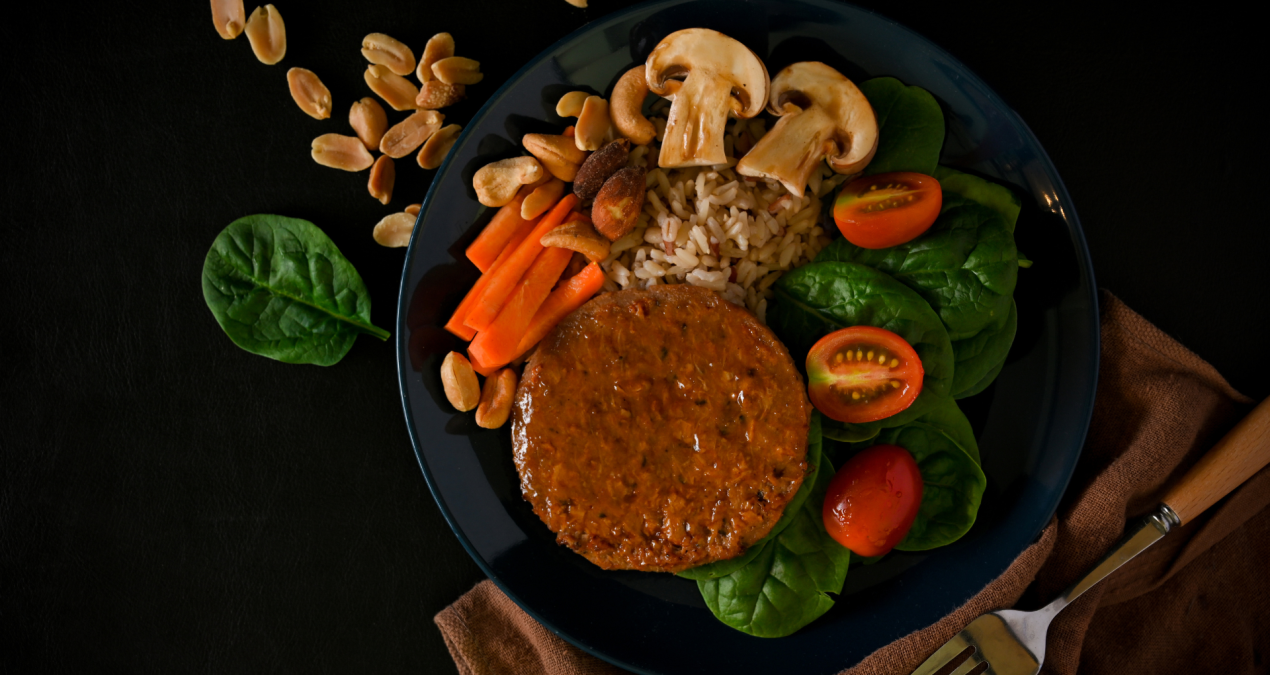Vegetarianism and veganism are two completely different lifestyles but similar in their goals and ethos. Both lifestyles avoid consuming animal products, but vegans typically go a step further and won’t consume any products from animal sources, such as honey. Many people who have never considered these two lifestyles don’t realize there are actually a lot of similarities—and some differences—between them. You probably already know this, but your food choices are impacting our planet. Animals have an immense impact on land use, greenhouse gas emissions, water pollution, and deforestation.
What is Veganism
Veganism stands for veganism. Some vegans are vegetarians who abstain from eating any animal products. Vegans also refrain from using animal products or by-products. Vegans may also abstain from using or wearing animal-derived products, such as leather. Vegetarians who abstain from cooking with animal products, but do not abstain from eating animal products, are sometimes called lacto-ovo-vegetarians.
What is Meat?
Meat is an animal tissue most commonly used for food. Typically, meat refers to animal muscle meat but may also include internal organs such as the heart, liver, and kidneys.
What is Sustainable Eating Meat or Vegetable
Sustainable eating is about consuming food to keep our planet healthy. Sustainable food practices generally involve the use of locally grown, seasonal, and locally produced foods and products that benefit the environment. Sustainable eating can be practiced on a micro level, like choosing to eat locally grown food, or on a larger scale, such as seasonal eating or eating less meat. While you can’t always control how food is grown or where it comes from, you can practice sustainable eating by making small changes in your daily life.
There is a movement towards a more sustainable way of eating, and this includes reducing meat consumption and reducing our overall carbon footprint. Sustainable eating is a lifestyle, not one that you can just pick up and put down—you have to commit to making the change. Some people have been making these changes for years; for others, it’s a new endeavour that’s taken years to learn.
Sustainable eating focuses on eating a wide variety of vegetable and plant-based foods while minimizing meat consumption. With a number of plant-based meat products either already on the market or in the works, sustainable eating is a viable eating choice for many.
What Are the Benefits of Eating Meat?
Eating meat can be good for you. But what kind of meat should you eat? Meat is an essential source of protein, iron, zinc, and B-vitamins, as well as energy. However, you can also get these benefits from plant proteins, too.
Many people believe that eating red meat is bad for them. While meat contains cholesterol and minerals like iron, the fact of the matter is that meat is actually good for you. Keep reading to learn about the benefits of eating meat and why eating unprocessed meat is actually better for you than eating a vegetarian diet.
Embracing a plant-based diet, and for a good reason. Eating a diet high in fruits and vegetables is not only delicious, but it helps your body fight off disease. Yet, in today’s society, we too often forget that protein is an essential part of our diets and that we need different types of protein for different functions.
What Are the Benefits of Eating Vegetables?
Sure, it’s common knowledge that vegetables are good for you—they’re packed with vitamins and antioxidants and are generally low in calories, which can help you burn fat—but what are the particulars? Well, here, you’ll find everything you need to know about the nutritional benefits of vegetables—from their colour to their taste and everything in between. Whether you’re looking to lose weight, build muscle, or boost your immune system, there’s a vegetable out there for you.
Some studies have indicated that eating just six servings of vegetables per day can significantly increase your life expectancy. Vegetables are essential nutrients that provide the body with many health benefits, including helping to prevent certain diseases and keeping you full and satisfied. However, only about half of American adults consume enough vegetables to enter and maintain this ideal range.
With the rising population of vegetarians and vegans, siracha sauce will no longer be the perfect condiment for burgers or meat. But, as with any growing trend, it will eventually be assimilated into mainstream cuisine and serve as a welcome, unique, even surprising addition to menus and recipes.

